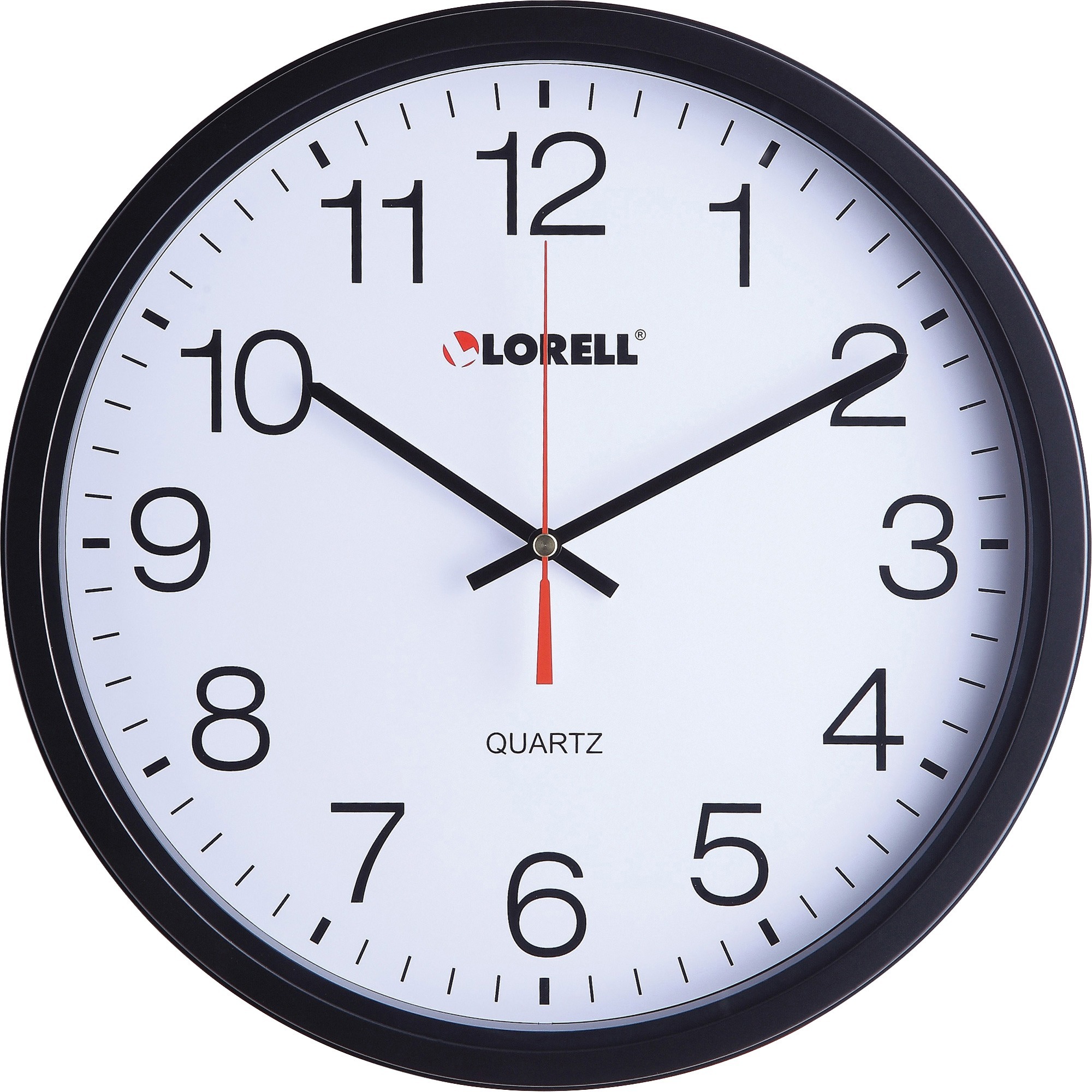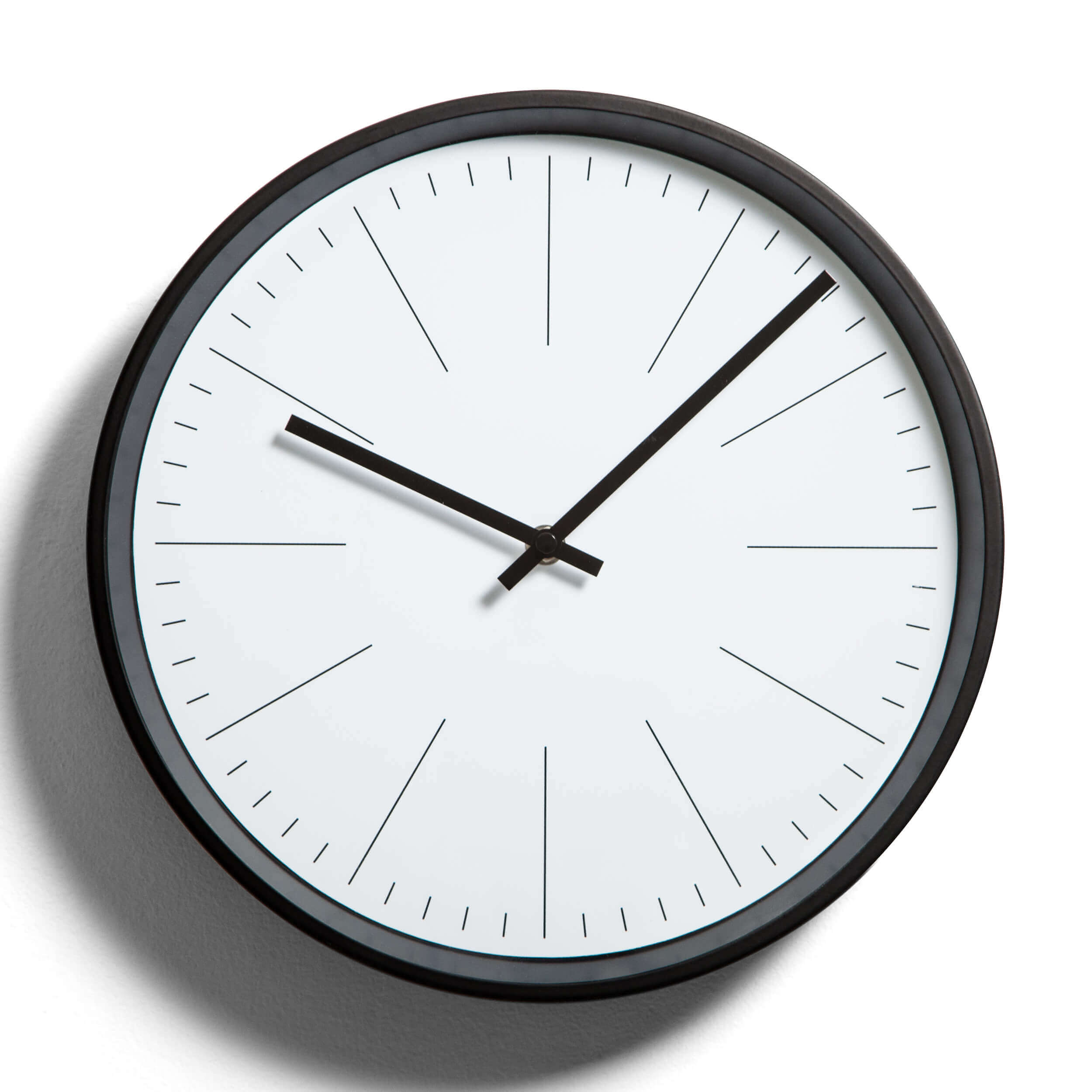Synonyms and Related Terms

Reloj in english – In the realm of timekeeping, “reloj” holds its own as a precise instrument, meticulously crafted to measure the passage of moments. Its English counterparts mirror this essence, each term carrying its own nuances and connotations.
A “reloj” in English is known as a clock or watch. It’s an instrument used to measure and display time. If you’re interested in the lyrics of the song “Reloj” by Peso Pluma, you can find them here. Relojes, or watches, are often used as fashion accessories or to keep track of time during various activities.
Among the most common synonyms for “reloj” in English, we find “watch” and “clock.” While both share the fundamental purpose of indicating the time, they differ in their design and usage. “Watch” typically refers to a portable timepiece worn on the wrist, while “clock” denotes a larger, stationary device used for public display or in specific settings.
Timepieces
- Chronometer: A high-precision timekeeping device used for scientific or navigational purposes.
- Timepiece: A general term encompassing any device designed to measure and display time.
- Horologe: A historical term for a timekeeping instrument, often referring to elaborate or decorative clocks.
Types of Relojes
Relojes, or watches, come in a wide range of styles, functions, and mechanisms. Each type has its own unique characteristics and features that cater to different tastes and needs.
By Style
- Classic: These relojes feature timeless designs that have been popular for decades. They often have round or square faces, simple dials, and leather or metal bands.
- Dress: Dress relojes are designed to be worn with formal attire. They typically have elegant designs, thin bands, and precious metal cases.
- Sports: Sports relojes are designed to withstand the rigors of athletic activity. They often have durable construction, water resistance, and features like chronographs and timers.
- Fashion: Fashion relojes are designed to follow the latest trends. They come in a wide variety of styles, colors, and materials.
By Function
- Time-only: These relojes display the time only. They are the most basic type of reloj and are typically the most affordable.
- Chronograph: Chronographs have a stopwatch function in addition to displaying the time. They are popular with athletes and pilots.
- GMT: GMT relojes have two time zones, which is useful for travelers. They often have a 24-hour dial and a rotating bezel.
- Moonphase: Moonphase relojes display the current phase of the moon. They are popular with astronomers and astrology enthusiasts.
By Mechanism, Reloj in english
- Mechanical: Mechanical relojes are powered by a mainspring that is wound by hand or by the movement of the wearer’s arm. They are the oldest type of reloj and are still highly prized by collectors.
- Quartz: Quartz relojes are powered by a battery and use a quartz crystal to regulate the time. They are the most accurate type of reloj and are also the most affordable.
- Automatic: Automatic relojes are powered by the movement of the wearer’s arm. They have a rotor that winds the mainspring as the wearer moves.
Historical Significance: Reloj In English

The history of timekeeping is as old as civilization itself. The earliest known timekeeping devices were sundials, which were invented in ancient Egypt around 3500 BC. These devices were followed by water clocks, candle clocks, and sand clocks. In the 14th century, the mechanical clock was invented, and in the 17th century, the pendulum clock was developed. These innovations made it possible to measure time with increasing accuracy.
The development of the watch in the 16th century was a major breakthrough in timekeeping. Watches were portable, which made them much more convenient than clocks. In the 18th century, the marine chronometer was invented, which allowed sailors to determine their longitude at sea. This invention was essential for the development of global navigation.
In the 19th century, the electric clock was invented, and in the 20th century, the quartz clock was developed. These innovations made it possible to measure time with even greater accuracy. Today, atomic clocks are the most accurate timekeeping devices in the world.
Cultural and Social Impact
Relojes have had a profound cultural and social impact throughout history. They have been used to regulate daily life, to mark important events, and to measure the passage of time. Relojes have also been used as symbols of status and wealth.
In the past, only the wealthy could afford to own a reloj. Today, relojes are accessible to people of all socioeconomic backgrounds. This has made it possible for everyone to measure time with accuracy and precision.
Reloj, the Spanish word for “clock,” is a timekeeping device that measures and displays the time. Its intricate mechanisms and precise craftsmanship have fascinated people for centuries. From ornate pocket watches to sleek wristwatches, relojes have become not only functional objects but also stylish accessories.
Whether you’re looking to add a touch of sophistication to your outfit or simply keep track of the time, a reloj is a timeless piece that will complement any wardrobe. Speaking of time, have you heard about the latest buzz surrounding “put em in the fridge peso pluma”?
Click here to find out more. But remember, time waits for no one, so don’t forget to check your reloj and make the most of every moment.
To improve your Spanish vocabulary, it’s helpful to learn the English translations of common words. For example, “reloj” means “clock” in English. If you’re interested in learning more about boxing, you can read about exodo peso pluma , which translates to “featherweight exodus” in English.
This term refers to the departure of several top featherweight boxers from Mexico in the 1980s.
When it comes to mastering the intricacies of timekeeping, the term “reloj” serves as a beacon of understanding in the Spanish-speaking world. This word, which translates to “watch” or “clock” in English, encompasses a vast array of timepieces, ranging from elegant wristwatches to precise atomic clocks.
Among the diverse offerings within the realm of relojes, the reloj letra peso pluma stands out as a testament to the enduring appeal of traditional craftsmanship. With its meticulous attention to detail and timeless design, this watch embodies the very essence of what makes a reloj an indispensable accessory for the discerning individual.
The Spanish word “reloj” translates to “clock” or “watch” in English. For those seeking the lyrics to a song titled “Reloj,” you can find them at this link. This particular song, which translates to “Clock,” is likely to capture your attention with its captivating melody and poignant lyrics.